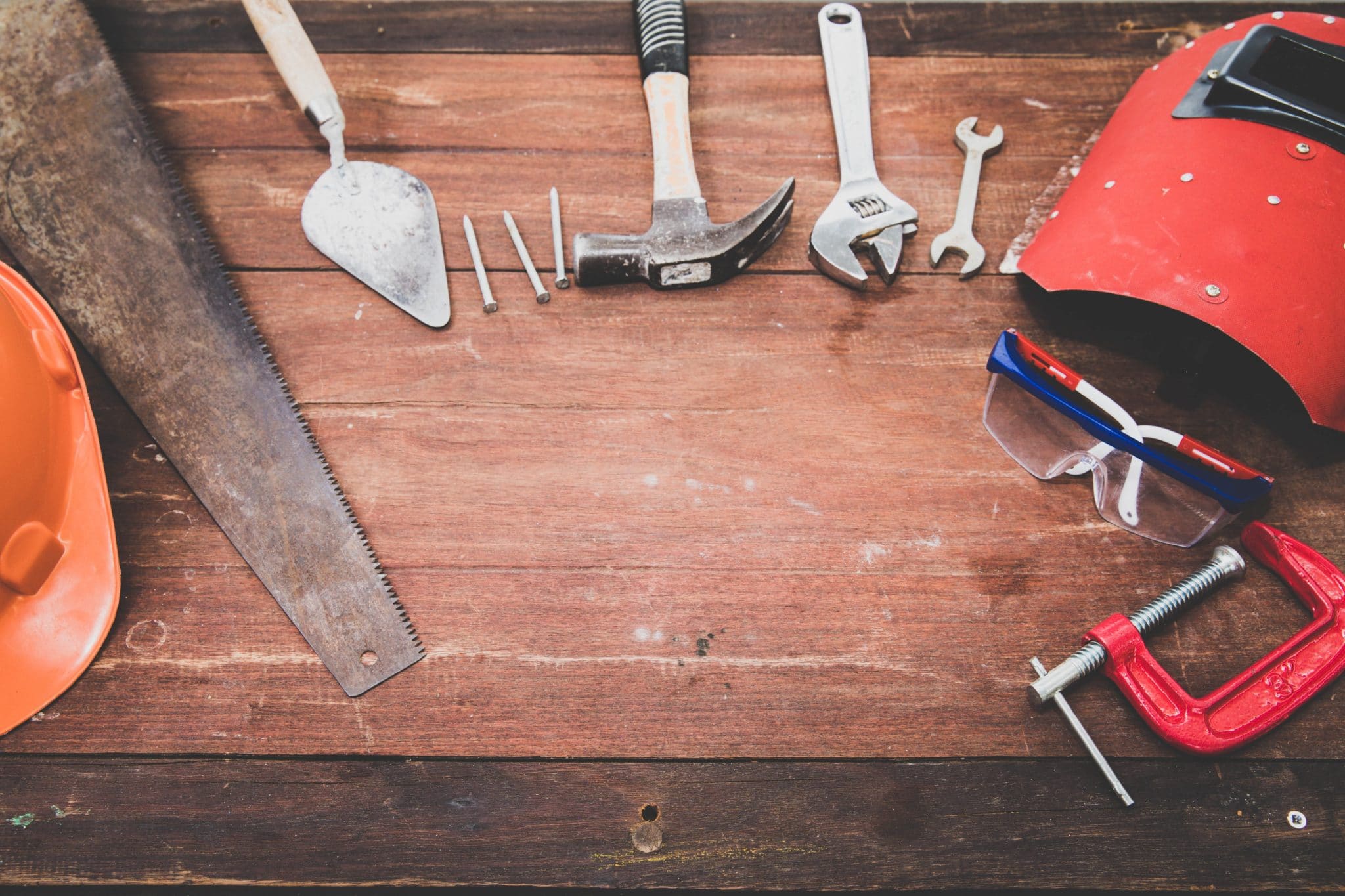
Preparing for Extreme Rental Property Damages and Maintenance Issues

It should be expected that something will always go wrong or need fixing with any rental property. These extreme rental property damages and maintenance Issues often depends on the age and amount of deferred maintenance of a property and the demographics of the tenants. There are, things that most landlords aren’t prepared for either financially or emotionally. For new rental investors, this is even more true.
Let’s look at some examples of truly ‘unexpected’ situations that might not be covered by a basic landlords’ insurance policy. You may not think these things could ever happen to you, but in reality, they do happen, and could happen to you, so being prepared will mean you’re never caught surprised:
Scrapping – Landlords’ insurance covers theft issues, but most do not cover theft by tenants. So, if a tenant rips out and steals expensive fittings, copper piping, water heaters, boilers, HVAC, etc., don’t count on your insurance company paying to replace these things. You may want to check with your insurance agent about this!
Vandalism – In the City of Detroit’s rental market, squatters and property vandalism are unfortunately, a fairly common issue. Both can result in thousands, if not tens of thousands of dollars of rental property damages
Neglect – General wear and tear or damage, due to sustained neglect (like a pipe with a small drip causing water damage over several months, or damage caused by pets living in the property) is not something landlords’ insurance covers – even if you’ve never had it reported to you by the tenant. Issues like these may lead to thousands of dollars of repairs.
Fallen Tree – Some basic landlords’ insurance policies don’t cover you for falling objects without purchasing additional coverage, so if you have mature trees near your property, consider opting for this as an add-on, since replacing a section of roof can cost tens of thousands of dollars.
Flooding – Whether from rain, freezing pipes bursting, or sewers backing up, most insurance policies don’t cover you for flooding in your property, unless you pay extra for it (and even this won’t cover your frozen pipes, since that’s classed as neglect). If your home is in a flood-prone area, or you’ve already claimed similar damages in the past, it could be virtually impossible to get coverage for flooding.
Liability Claims – Your tenant hurt themselves falling down the stairs, and now wants to sue you for the cost of their medical bills. Liability insurance is an optional extra in some policies, so make sure you know whether or not you’re actually covered for this when purchasing landlords’ insurance. Liability claims can run into the hundreds of thousands, if not millions, of dollars, so ask yourself if paying a little extra in insurance each year is worth it.
The best defense against incurring these big-ticket expenses is to screen for tenants thoroughly and make sure you have comprehensive landlords’ insurance. However, even with all-around coverage, there are still many things that won’t be paid for by your insurer. You can take your tenant to court to hold them liable for any rental property damages they caused, but it’s a costly and lengthy process, with no guarantee of a payout.
It’s also important to remember that, even when your insurance company does approve a claim, the amount they pay and the amount the repairs cost you can differ significantly, so it’s always good to have a chunk of your reserves set aside as a rainy-day fund.
Any personal experiences with unexpected repair costs in your rental properties? Share them in the comments below!
Image Courtesy of: Suntorn Somtong